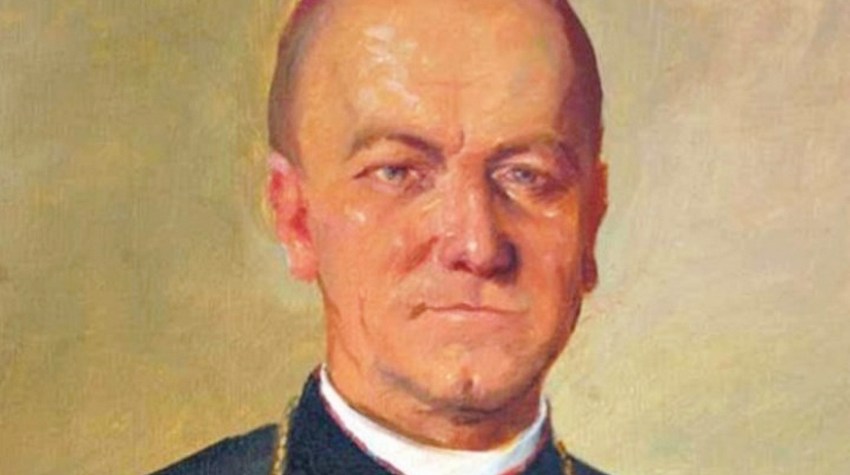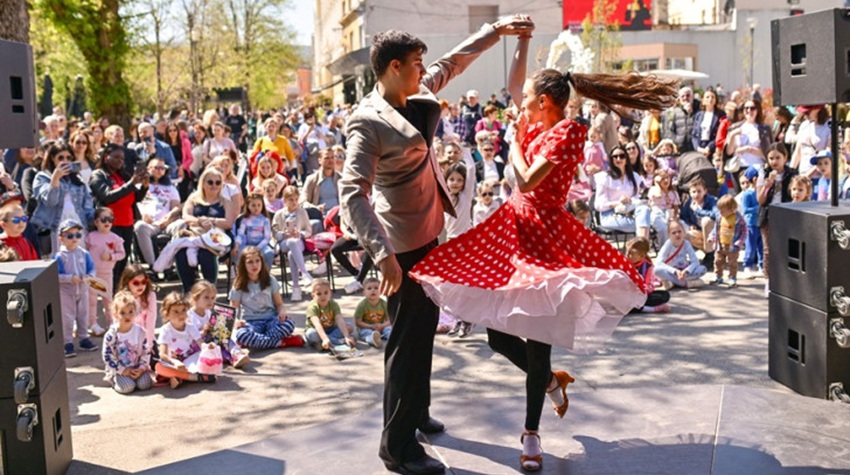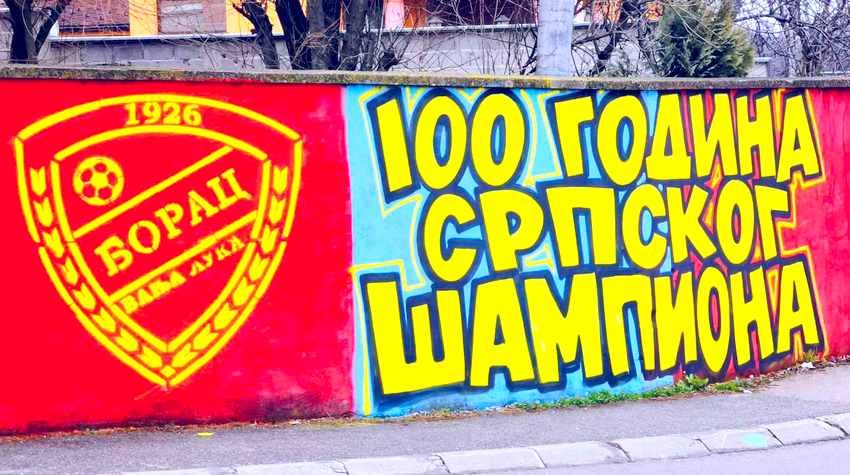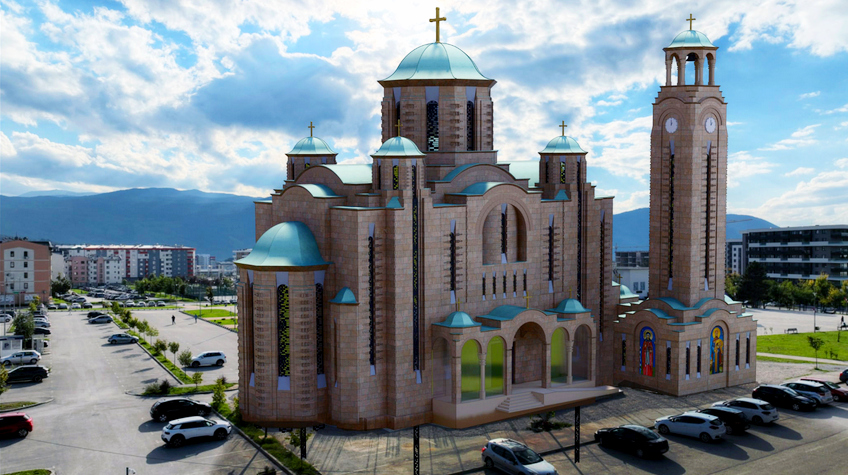ALFRED PIHLER: BISHOP FROM OŠTRELJ, WHOM BANJA LUKA IS ETERNALLY GRATEFUL TO
"In this country, during the last war, our Orthodox brothers died because they were Orthodox. Those who killed them had Catholic baptism certificates in their pockets. They called themselves Catholics. And those Christians killed other people, also Christians, because they were not Croats and Catholics."
"We painfully acknowledge this terrible mistake of
those misguided people and beg our Orthodox brothers to forgive us as Christ
forgave everyone," wrote then-Bishop of Banja Luka, Alfred Pihler, in his
Christmas message in 1963.
He was also the first Roman Catholic priest to publicly
speak about the massacres of Serbs in Banja Luka and Krajina during the Second
World War.
German from a Serbian Environment
Pihler, of German descent, was born in a Serbian environment.
He was born into a German settler family in 1913 in Oštrelj near Drvar. The
village of Oštrelj, located on Mount Oštrelj, was home to numerous German
families who came to Western Bosnia for the development of the timber industry.
He was appointed Bishop of Banja Luka on July 22, 1959, and
consecrated on October 18 of the same year.
He retired on May 15, 1989, and passed away on May 17, 1992.
He retired at the age of 75, succeeded by Bishop Franjo Komarica, who still
holds the position today. Alfred Pihler was a priest for 48 years, 29 of which
he served as bishop.
The Pihler family remains respected today, producing priests
for the Roman Catholic Church and maintaining a tradition of theological
scholarship. The respect Bishop Pihler enjoyed among the Orthodox is evidenced
by the fact that a delegation from the Serbian Orthodox Church attended his
funeral.
Apology to Serbs
"One of the exceptions among the ranks of the high
Roman Catholic hierarchy, along with Cardinal Eugenio Tisserant, who had the
courage to publicly condemn the Vatican's policy during the Second World War,
was Bishop Alfred Pihler of Banja Luka. Elderly people from the Banja Luka
region remember that in front of the Ustaše who were demolishing the church in
Maglajani, he came out bare-handed, persuading them to abandon evil and not to
destroy the sanctuary. The fanatic Pavelić supporters were wary of Pihler as a
respected clergyman, but above all as a German whom, as complex satellites,
they had to respect," writes Radovan Pilipović in his book "Halos and
Shadows," which deals with the Serbian Orthodox Church in the territory of
the former Independent State of Croatia.
Speaking to students at the Theological Faculty in Zagreb,
among other things, he said that 1941 was "very difficult and painful,
during which the Croatian people tarnished their face towards the Serbian
population."
In a document from the Federal Commission for Religious
Affairs dated May 11, 1964, it is written that Pihler condemned the actions of
the Ustaše against the Orthodox population in his Christmas greeting during the
Second World War.
"For these atrocities, in a way, he also condemned the
Roman Catholic Church, or the bishops in Croatia, because he believed they did
not take measures to prevent Ustashe crimes..." the document records.
Efforts for Reconciliation with Orthodox Priests
"In earlier years, there were rarely cases where
Catholic and Orthodox priests had contacts, especially where encounters
occurred between bishops and bishops. If it did happen, it was almost
exclusively of a conventional nature. It is only known that Bishop Alfred
Pihler from Banja Luka regularly communicated with Bishop Vasilije while he was
there on duty, as well as with Bishop Andrija, who replaced Vasilije as the
bishop of the Banja Luka diocese. The friendly relations between Pihler and Andrej
are still very good today," the document states.
Indeed, the friendship with Bishop Andrej Frušić, and their
work in bringing together the faithful of the Orthodox and Catholic Churches,
alongside apologizing to the Serbian people for wartime crimes, is what we will
remember most about Pihler.
From the 1960s to the 1980s, Pihler and Frušić held services
in Catholic and Orthodox churches, respectively.
"It is unknown to the public that Catholics in Slatina,
from 1967 to 1986, for a full 19 years, held Mass and liturgical rites in the
Orthodox church in Slatina, thanks to Bishop Andrej. And now there is a large
wall dividing the bishopric and the diocese. During the time of Bishop Andrej
and Bishop Alfred, there was a low, wooden fence and a small gate called
'ecumenical gates,' because every evening, the bishop and bishop came to play
chess with each other. This duo, Bishop Andrej and Bishop Alfred, started and
did something that has not been done in these areas before," said
chronicler and publicist Slavko Podgorelac.
Their friendship is also evidenced by Pihler presenting
Bishop Andrej with a medallion sent to him by the Pope. Bishop Pihler was a
member of the International Joint Catholic-Orthodox Commission for Theological
Dialogue, in which he participated until he could no longer travel. He also
established the parish of Mary Star on May 13, 1973.













